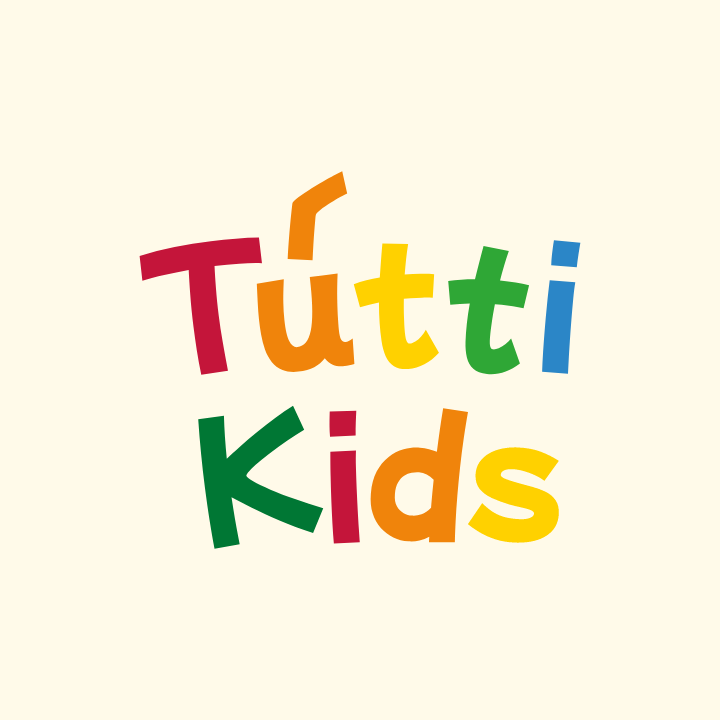We all want our kids to enjoy delicious, nutritious meals, but sometimes, they might need extra support to meet their nutritional needs. Tutti Kids Protein Powder offers a simple, tasty solution. Packed with high-quality protein and essential multivitamins, it makes supporting your child’s growth and overall health easier. Completely tasteless, it seamlessly blends into meals and drinks, making it easier to ensure your child gets the essential nutrients they need for healthy growth and development.
Every child is different, and these guidelines are general recommendations. Your child's needs might vary, so don't hesitate to discuss nutrition with your healthcare provider.



